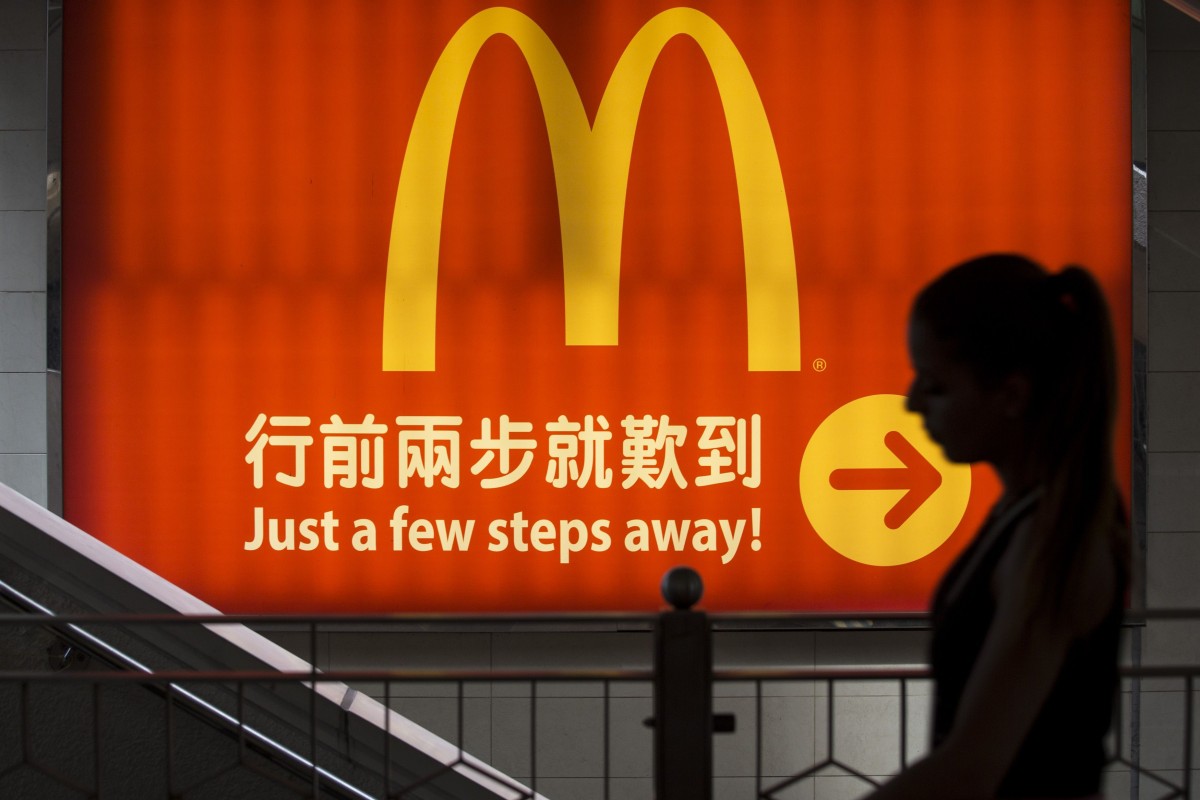
Tighter regulations are needed to stop food scandals

I’ve always adored eating McDonald's ever since I was a small child. My parents only let me go once in a while, telling me that it would make me fat, but I loved it nonetheless. I loved the friendliness of it – the red and yellow decor, the beaming life-size figure of Ronald McDonald at the entrance, and most of all, the food.
I was very shocked to hear about McDonald’s use of tainted meat in some of its food products in Hong Kong. The meat was imported from the Shanghai Husi Food company, a food manufacturer that is based on the mainland. The scandal was made worse after a Chinese news agency released video footage of factory workers picking food off the floor to add to the mix. McDonald’s Hong Kong’s integrity was further called into question due to its initial denial of the scandal when it was questioned by both the Centre for Food Safety and the media. Following the more recent gutter oil scare, action needs to be taken to ensure the public feel they can eat safely in Hong Kong.
McDonald’s Hong Kong states on its website that it ensures its food is hygienic and safe to consume through “rigorous supervision at every step of the procedure”. In particular it uses the Hazard Analysis and Critical Control Point (HACCP) programme to eliminate all food safety hazards. Given that McDonald’s claim to have such stringent standards for hygiene and safety, it is shocking that meat past its expiration date was found to be used in its products.
The cause of this scandal can be derived from statements made by David McDonald, the president of OSI Group (the parent company of Husi). In a press conference, he said he “simply couldn’t understand … why these things took place”. But this begs the question: did McDonald’s Hong Kong and other companies involved in the scandal, not know what was going on? Is McDonald’s Hong Kong telling the whole truth when it claims to supervise every step of the food production procedure?
To prevent similar incidents from occurring, the government should not only tighten laws on food production but also enforce these laws by regularly collecting food samples for inspection. Simple visual inspections are insufficient to determine whether food is safe for consumption, especially when it comes to pre-cooked products, as signs of spoilage are not immediately obvious.
Tighter regulations are needed for imported foods in particular. It is difficult to ensure that the laws on food safety in other countries are adequate and enforced, especially in less developed nations. Thus, companies should have to obtain permits or licenses before being able to import cooked food. Violations of such regulations should be taken seriously, and no leniency should be given to any business, including multinationals.
Food corporations also have a social responsibility to act on their word. This involves not only upholding high health and safety standards but also increasing transparency by constantly releasing up-to-date details about their food production methods and the sources of their ingredients to the public.
Personally, I’ve avoided McDonalds since the first reports of tainted meat. Hopefully the company will learn from its mistakes and rebuild its trust with the public, including me, so that I will once again love McDonalds as much as I did when I was young.